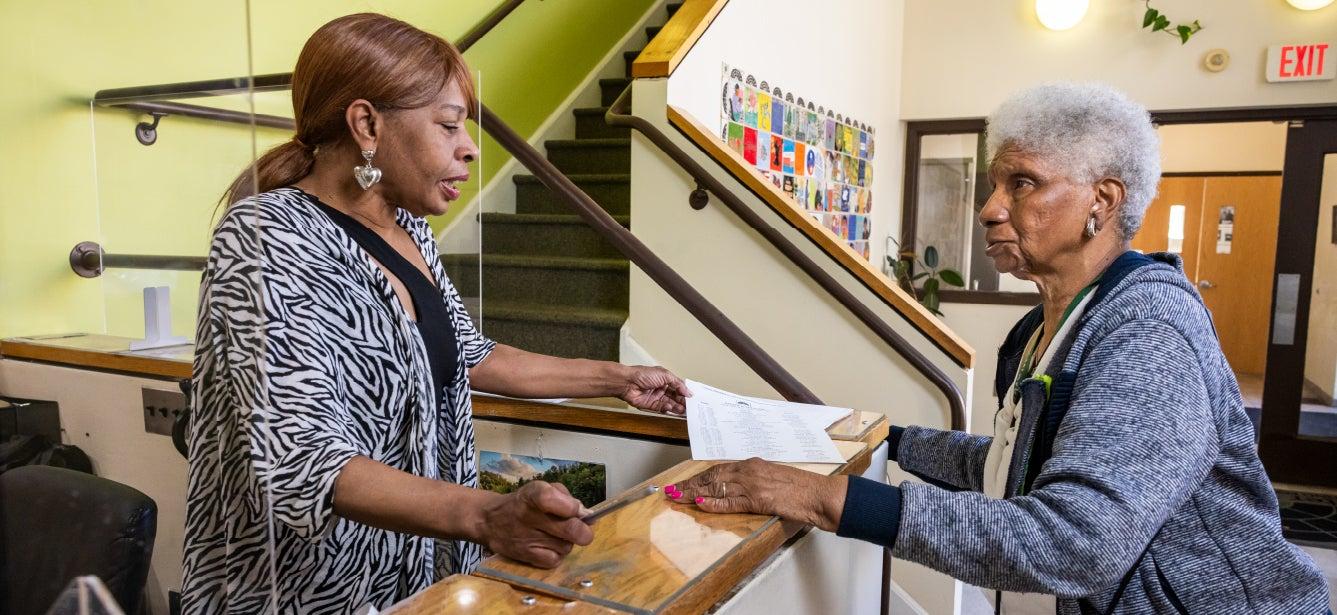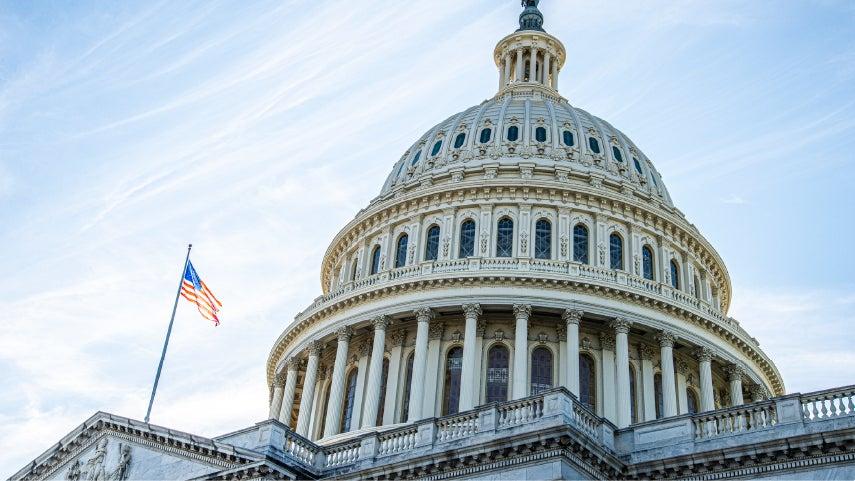Older Americans Act Reauthorization: Senate Committee Advances Bill Endorsed by NCOA
4 min read

Related Topics
On July 31, the Senate Committee on Health, Education, Labor, and Pensions (HELP) approved S. 4776, Older Americans Act Reauthorization Act of 2024. NCOA endorsed the legislation and called upon the full Senate to pass it expeditiously.
The OAA reauthorization bill was the result of extensive dialogue and bipartisan negotiations. Much of the Senate work was led by a workgroup consisting of HELP Chairman Bernie Sanders, I-Vt., HELP Ranking Member Bill Cassidy, R-La., and committee members Robert Casey, D-Pa., Mike Braun, R-Ind., Tim Kaine, D-Va., Susan Collins, R-Maine, Ed Markey, D-Mass., and Markwayne Mullin, R-Okla. Senators Casey and Braun are also Chair and Ranking Member, respectively, of the Senate Special Committee on Aging.
NCOA’s reauthorization priorities, detailed in our March 7 testimony to the committee, included honoring the commitment to multipurpose senior centers, expanding the reach of healthy aging programs and strategies, strengthening our nation’s care infrastructure, and expanding the only federal program focused on the employment of low-income older workers. We appreciate that our proposals were reflected as follows:
- Senior centers: These centers play a pivotal role in the community, providing critical services such as health education, screenings, free or at cost nutritional meals and social engagement. Recognizing that senior centers do not have a dedicated funding stream or separate chapter in OAA, the committee acknowledged the importance of senior centers through assurances in the III-B expenditures, and additional language enhancing the role of community-based organizations like Senior Services in OAA service delivery and strategies.
- Healthy aging: Health promotion and disease prevention services help older adults stay healthy and independent, NCOA was pleased that the committee accepted our recommendation to expand the programs funded under the OAA to include those that are “evidence-informed”—which allows more flexibility in implementation of these programs. We also support the expansion of falls prevention demonstration authority, improvements in language related to mental health and infectious diseases, options to deliver medically-tailored meals, and safe and healthy homes.
- Direct care workforce: With the dire shortage of workers needed to help older adults and those with disabilities stay independent, in their homes and out of facilities, , NCOA appreciates the Committee’s support of sustained funding for the Direct Care Workforce Strategies Center—the only federal center that provides critical training and resources to address the shortage of direct care workers
- Older workers: NCOA welcomes the authorization levels that call for annual increases in Senior Community Service Employment Program (SCSEP) investments--the only federal program that provides job training and placement for low-income older workers aged 55 and older. As of June 2024, 1.1 million individuals age 55+ were unemployed and this program helps over 40,000 participants a year fight homelessness and poverty by receiving workforce training skills. the Additionally, we support the Committee’s request for a GAO report to distinguish SCSEP from the Workforce Innovation and Opportunity Act (WIOA). We believe failing to expand eligibility to additional older workers facing age discrimination and struggling to meet basic needs is a missed opportunity and continue to be concerned with the false narrative of program failures embedded in the punitive language related to grant competitions.
- Federal leadership and coordination: NCOA applauds the thoughtful authorization of the next White House Conference on Aging, but still advocates for an authorization for a National Strategic Plan for Aging and incentives for states to create Multisector Plans for Aging.
Robust investments are also crucial for the success of the Older Americans Act. For several years, Chairman Sanders has led Senate advocacy for doubling annual appropriations for OAA programs. The reauthorization bill also takes the important step of authorizing annual increases; if appropriators meet those targets, OAA funding will increase by 44% by FY29. Such investments are crucial to address the exploding demand and cost for services and are key to the success of the new services and strategies proposed for the OAA statute.
What happens next, and what can you do?
The reauthorization bill still needs to pass the Senate, and the process has yet to start in the House. If we want the 118th Congress to act before the year's end, our collective voices are needed to educate them about why OAA services and strategies are important.
In the waning months of this presidential election year, members of Congress are spending less time in the Nation’s Capital and more time at home their communities and engaging with constituents. NCOA will provide tools and resources to mobilize a strong, informed advocacy effort to secure the necessary legislative support for the OAA.



